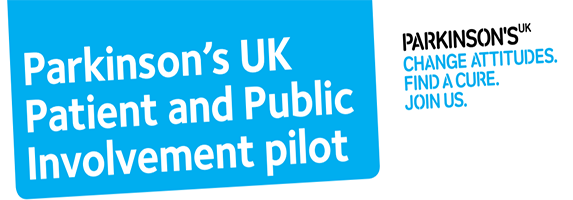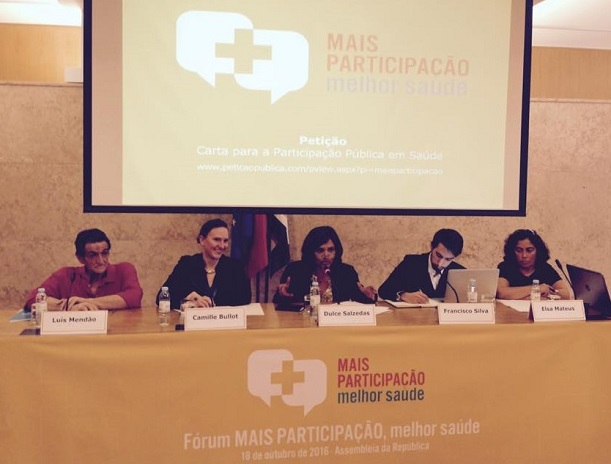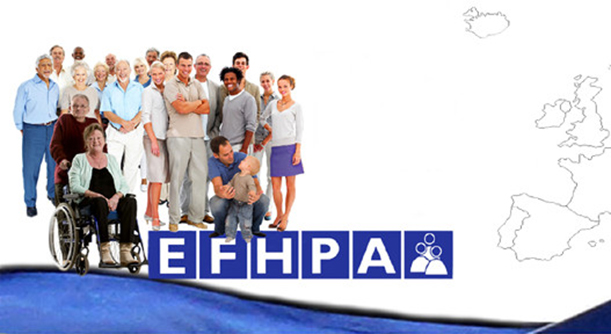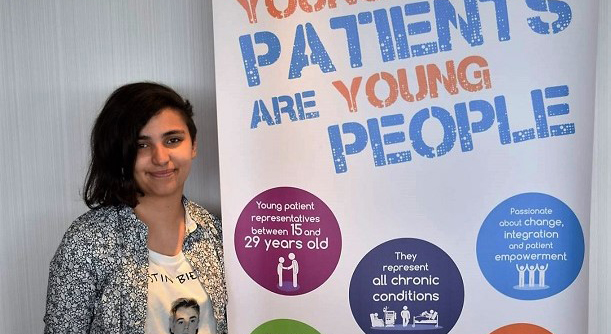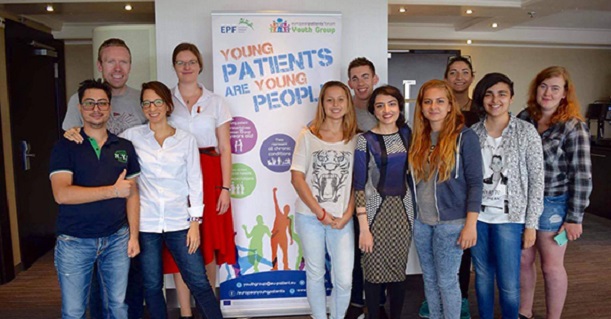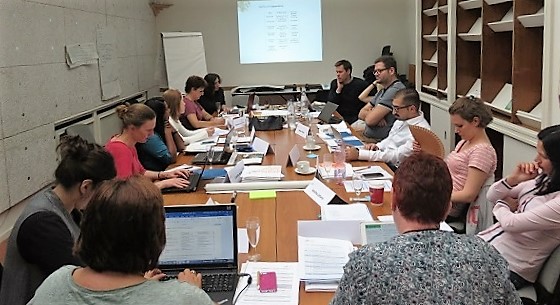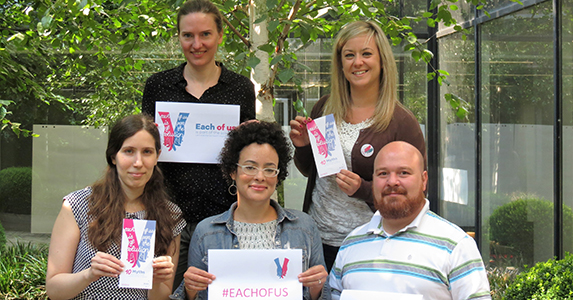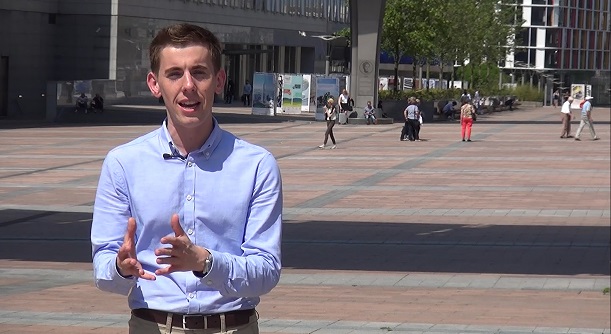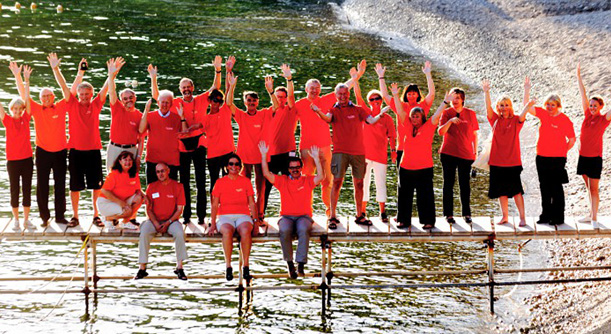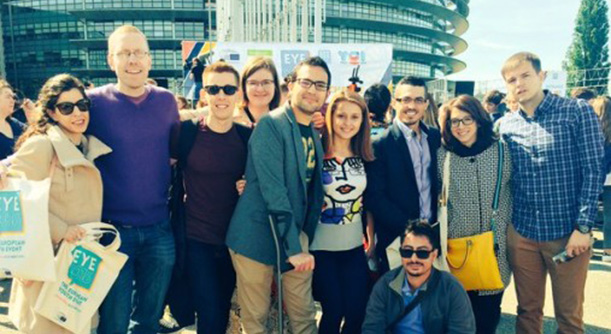Parkinson’s UK, the British member of the European Parkinson Diseases Association (EPDA – EPF member) has been running a research project to measure the impact of patient involvement in different phases of scientific research. Read the interesting results on our blog, which reflects very much the issues we are confronting in the EUPATI project.
We know that people affected by the condition are the experts in living with Parkinson’s. This wealth of knowledge can help at all stages of research – in the planning, design, management, evaluation and dissemination of findings.
We want the researchers we fund to work in partnership with people affected by Parkinson’s as much as possible. So over the past year, we’ve been working on improving how we support the Parkinson’s research community to do this.
So, in 2015 we ran a Patient and Public Involvement (PPI) pilot programme, to show the difference involvement could make to research. The pilot project aimed to provide a hands-on support to facilitate involvement, where our staff took an active role in training and supporting all stakeholders. We wanted to find ways to ensure that the involvement was high quality and meaningful, and that researchers and volunteers felt better supported.
What did we do?
Eight research teams took part in the pilot, and 52 people affected by Parkinson’s received training at five locations across the UK. Following the training, each group of volunteers met with one or two researchers to provide input into their research. Parkinson’s UK organised and funded these meetings, including paying the expenses of the volunteers. The researchers were encouraged to follow-up with the volunteers to seek further input as required.
As the role of patient organisations in supporting involvement in research is still being explored– we felt it vital to have the project independently evaluated.
What were the results?
From the evaluation of the pilot, it was concluded that:
- Working with Parkinson’s UK made involvement a simple process for researchers. Researchers highly valued the practical support and expert advice from the Parkinson’s UK staff. This support helped to overcome some of the common barriers to involvement – not having the time, resources or ‘know-how’ and not knowing where to find the right people to involve.
- The researchers highly valued working with a group of trained volunteers and felt this enhanced the quality of their interactions.
The involvement had an impact on the research projects in three main ways:
- Improving the written information, including lay summaries, questionnaires, patient information sheets and web-based advice.
- Improving the practical arrangements to make the research more feasible and acceptable for participants
- Addressing the ethical issues raised by the research
All the researchers involved in the pilot had found the process extremely valuable for themselves and their research. All were therefore committed to involving people affected by Parkinson’s in any future research projects and hope they would be able to work with Parkinson’s UK again.
The volunteers reported great benefits from being involved including gaining confidence, feeling more hopeful about the future and gaining feelings of self-worth. It also provided a much-valued opportunity to meet other people affected by Parkinson’s. The volunteers very much enjoyed their interactions with the researchers and felt their views were heard, valued and respected.
You can find the two-page executive summary of the results – with a link to the full report here www.parkinsons.org.uk/researchinvolvement
To find out more, you can email researchinvolvement@parkinsons.org.uk
